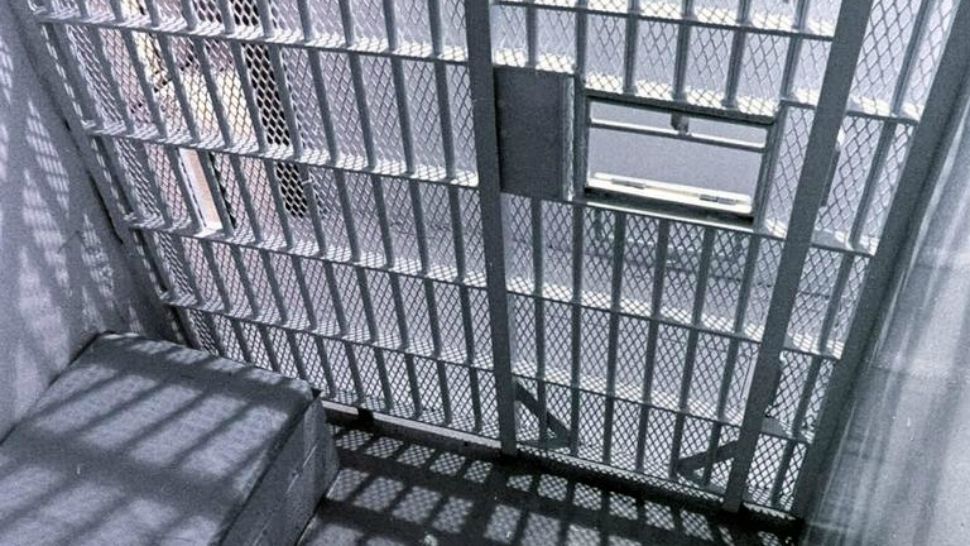SHELBY COUNTY, Ky. — Seven women from the Kentucky Correctional Institution for Women (KCIW) filed a lawsuit June 15 asking to be released due to pre-existing conditions which put them at a higher risk of serious illness or death from COVID-19. Three staff members and 11 inmates at KCIW have tested positive for the coronavirus, and as of last week, the Shelby County facility is locked down by dormitory.
“There is a significant public health interest in releasing our clients to home incarceration,” said Heather Gatnarek, staff attorney at the ACLU of Kentucky. “We saw how quickly the coronavirus outbreak at Green River Correctional Complex turned deadly. Once coronavirus enters a prison, it spreads rapidly. Our clients are in grave danger.”
The seven women, represented by the ACLU of Kentucky, allege that conditions at KCIW increase their risk of infection. These conditions include cramped beds, a small number of toilets shared among a large number of inmates and sinks that are only cleaned once or twice a day. They also allege that social distancing and facial coverings are limited to certain areas and are not strictly enforced while access to hand sanitizer and soap is limited.
“While KCIW officials are now taking steps to test everyone in the facility, they cannot minimize the risk of contagion under current conditions, which means that people who have certain health conditions have a severe risk of getting very sick or dying,” said Corey Shapiro, legal director of the ACLU of Kentucky. “The constitutional prohibition on cruel and unusual punishment requires KCIW to address the exceptionally severe risks COVID-19 creates for our clients.” Shapiro added that, “an outbreak also puts the broader community in serious danger because prisons are not sealed environments. Hundreds of corrections officers, law enforcement officials, and medical staff cycle in and out of numerous detention facilities and then move freely through their communities.”



